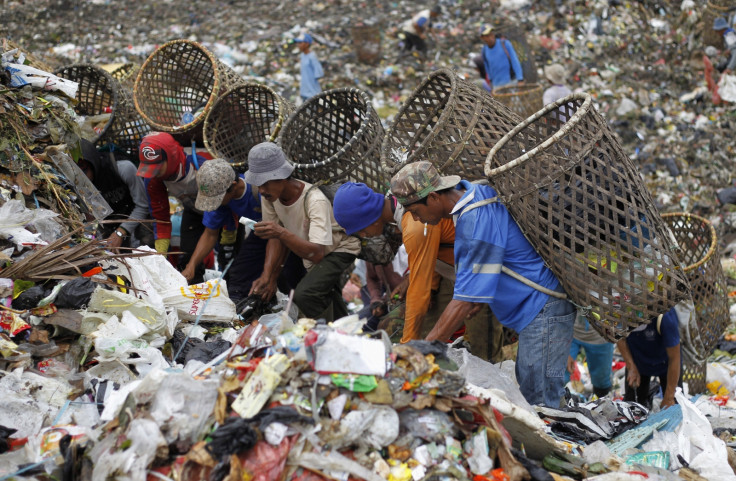Four richest Indonesian men have more wealth than 100 million poor people
The number of dollar billionaires in the country rose from one in 2002 to 20 in 2016, says an Oxfam report.
The jarring wealth gap between the rich and the poor has widened much more in Indonesia than any other country in South East Asia in the past two decades. The four richest men in Indonesia reportedly have more wealth than the poorest 100 million people.
Despite the government's fight to bring down inequality levels, the number of dollar billionaires rose from one in 2002 to 20 in 2016, according to a report released by Oxfam on Thursday (23 February).
It noted that while Indonesia's economy has boomed since 2000, and the proportion of people who have been living in extreme poverty has also come down to 8% from 40%, it has benefited the rich more than the poor.
It highlighted the recent statistics from 2016 which showed that 1% of the wealthiest people — all men — owned nearly half (49%) of the total wealth. The collective wealth of the top four richest men — led by brothers Budi and Michael Hartono — was $25bn, Oxfam said.
The report also pointed that the Hartonos — who own a clove cigarette company — could earn from interest on their wealth in just one day over 1,000 times more than what the poorest Indonesians would spend for an entire year on essential needs. It also suggested that with the richest man's annual income, 2.8 million Indonesians could be helped out of extreme poverty.
Oxfam says this inequality has been slowing down poverty reduction, threatening social unity and dampening economic growth.
It added that some 93 million Indonesians (36% of the 250 million population) are living in poverty based on the World Bank's "moderate" poverty line of $3.10 per day.
"The growing numbers of millionaires and billionaires, when set against a backdrop of staggering poverty, confirms that it is the rich who are capturing the lion's share of the benefits of the country's much-vaunted economic performance, while millions of people at the bottom are being left behind," Oxfam said.

President Joko Widodo had pledged to narrow the wealth gap soon after his election victory in 2014. In an interview with Bloomberg following his election, the president had said: "Economic growth is very important for my administration, for my people but it's more important to narrow the gap."
He reiterated his campaign promises even in 2016 to close the gap as his main priority in 2017.
"It is simply not right that the richest person in Indonesia earns more from the interest on his wealth in just one day than our poorest citizens spend on their basic needs in an entire year. Inequality in Indonesia is reaching crisis levels. If left unchecked, the huge gap between rich and poor could undermine the fight against poverty, exacerbate social instability, and put a brake on economic growth," The Guardian cited Dini Widiastuti, spokesperson for Oxfam in Indonesia, as saying.
<sub>Update: Correction to 2.8 million Indonesians could be helped out of extreme poverty by income of country's richest person.
© Copyright IBTimes 2025. All rights reserved.



















